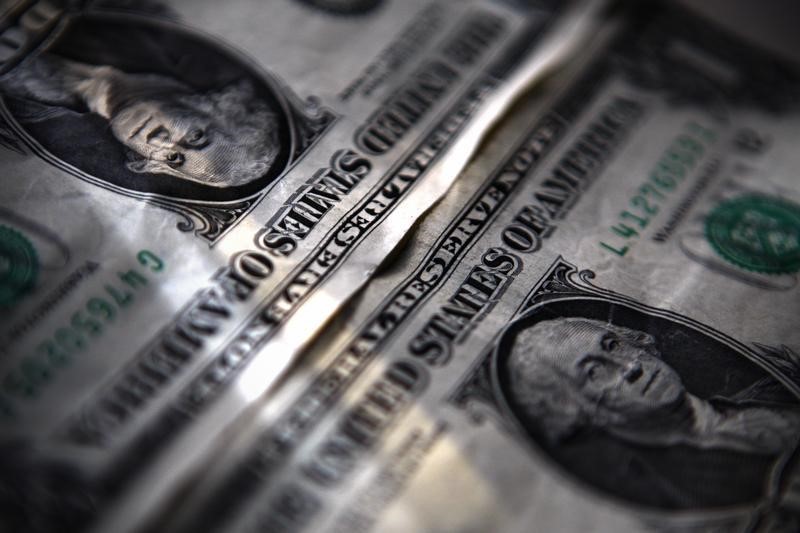* Dollar index treads water below 4-1/2-mth highs
* Italian political woes seen capping euro's bounce
By Shinichi Saoshiro
TOKYO, May 14 (Reuters) - The dollar held steady on Monday, its recent rally running out of steam on the back of sagging U.S. yields as investors wound back expectations that the Federal Reserve will launch a series of quick rate hikes.
The dollar index against a basket of six major currencies .DXY was little changed at 92.520.
The index hit a 4-1/2-month high of 93.416 last Wednesday, as a rise in U.S. Treasury yields highlighted the wide interest rate gap between the United States and other countries.
However, it drifted lower after soft April U.S. consumer price data curbed the prospect of aggressive rate hikes.
The euro was 0.05 percent higher at $1.1948 EUR= , having recovered last week from $1.1823, its weakest since Dec. 22.
Still, the common currency was expected to face political headwinds, limiting its bounce against the U.S. currency.
"The euro is likely to draw continued support from the dollar's temporary downturn. But uncertainty over Italian politics and resulting weakness in the Italian bond market will cap the euro," said Masafumi Yamamoto, chief forex strategist at Mizuho Securities in Tokyo.
Italy's anti-establishment 5-Star Movement and the far-right League spent the weekend locked in talks to forge a common policy programme. The parties were adversaries as recently as March but look likely to form Italy's next government. government bond prices fell and their yields rose sharply last week due to uncertainty about the country's political future.
The dollar was effectively flat at 109.330 yen JPY= , its two attempts to break convincingly above the 110.00 threshold earlier this month having failed.
The Australian dollar was 0.1 percent higher at $0.7553 AUD=D4 after rallying back from an 11-month low of $0.7413 plumbed on Wednesday.
The New Zealand dollar's bounce was more modest. The kiwi was at $0.6968 after sliding to a five-month low of $0.6903 NZD=D4 on Thursday in the wake of the Reserve Bank of New Zealand's dovish-sounding stance.
